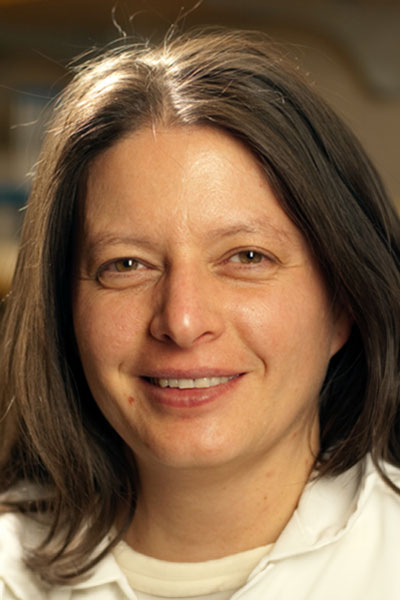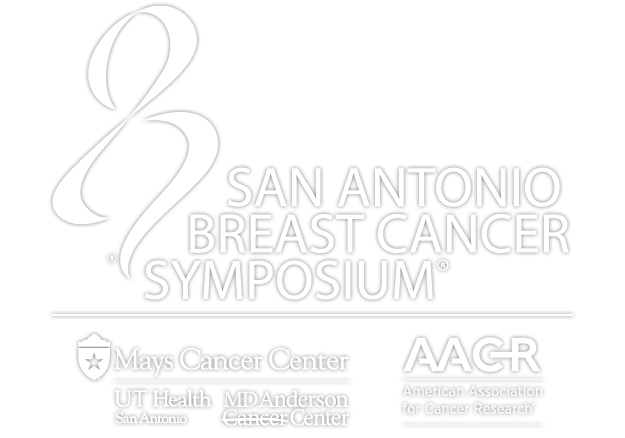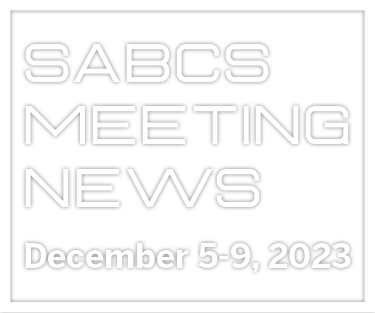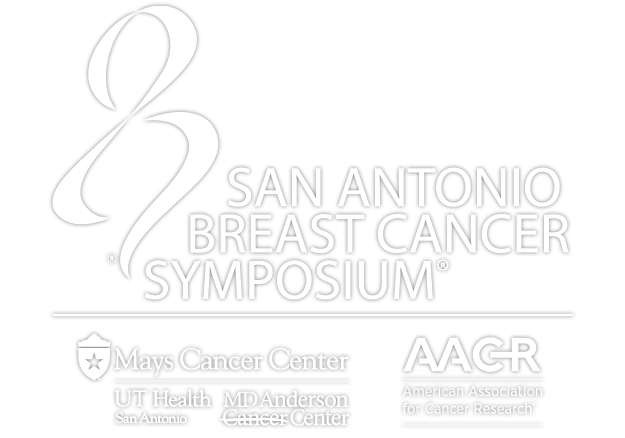The American Association for Cancer Research (AACR) will present awards to two researchers for their significant contributions to breast cancer research at the 2023 SABCS® in San Antonio.
Kornelia Polyak, MD, PhD, FAACR, is the recipient of the 2023 AACR Distinguished Lectureship in Breast Cancer Research, supported by Aflac Inc. Alana L. Welm, PhD, was selected as the 2023 AACR Outstanding Investigator Award for Breast Cancer Research, supported by the Breast Cancer Research Foundation.
The AACR Distinguished Lectureship in Breast Cancer Research award was established to recognize outstanding science that has inspired, or has the potential to inspire, new perspectives on the etiology, diagnosis, treatment, or prevention of breast cancer. The AACR Outstanding Investigator Award for Breast Cancer Research honors an investigator whose novel and significant work has had or may have a far-reaching impact on the etiology, detection, diagnosis, treatment, or prevention of breast cancer.

Dr. Polyak is a Professor of Medicine at Harvard Medical School and a researcher at the Dana-Farber Cancer Institute.
She is a pioneer in studying tumors as an ecosystem who emphasized the importance of the microenvironment in disease progression and therapeutic resistance. Her trailblazing research investigating the role of the tumor microenvironment and intratumoral heterogeneity in tumor evolution has led to significant advancements in our understanding of breast tumorigenesis. She was also the first to comprehensively profile the cell types that compose normal, precancerous, and cancerous breast tissue.
Additionally, Dr. Polyak proposed that the loss of normal myoepithelium may promote the progression from ductal carcinoma in situ (DCIS) to invasive breast cancer; she also observed that the active immune microenvironment of DCIS becomes immunosuppressed during the progression to invasive cancer.
Her current research involves the analysis of breast tumor evolution by studying tissue samples from patients and experimental models. She is also studying the role of host factors—such as genetic polymorphisms, age, and diet—in cancer and is exploring novel cancer prevention strategies.
Dr. Polyak’s award lecture will be presented at 1:00 p.m. CT Thursday, December 7 in the Stars at Night Ballroom 1-2.

Dr. Welm is Senior Director of Basic Science at the Huntsman Comprehensive Cancer Center, professor in the Department of Oncological Sciences at the University of Utah, and an investigator at the Huntsman Cancer Institute. She additionally serves on the Clinical Trials Protocol Development Committee to ensure the inclusion of verified scientific correlative endpoints in all investigator-initiated clinical trials. She is also the principal investigator of an NCI U54 PDX Development and Trial Center (the only one focused on breast cancer) and a chair of the Scientific Advisory Board for the PDX-Integrator Group at the European Molecular Biology Laboratory, European Bioinformatics Institute in the United Kingdom.
She was selected as this year’s outstanding investigator honoree for her seminal translational research discoveries, which led to the development and improvement of breast cancer therapies.
Dr. Welm established her laboratory at the Huntsman Cancer Institute in 2007. Her research focuses on metastatic breast cancer, investigating the mechanisms by which cancer cells transition from a period of latent disease to metastatic outgrowth and how the immune system controls that process. She also develops and utilizes patient-derived tumor models to understand breast tumor evolution during metastasis to identify new therapeutic vulnerabilities in metastatic tumors and to personalize therapy for breast cancer patients using functional drug testing in their tumor models. Dr. Welm has generously made these models publicly available to the breast cancer research community.
Recently, her lab found that inhibiting short-form RON (sfRON) potentiates the antitumor immune response by expanding stem-like CD4+ T cells and augmenting CD8+ T-cell responses.
Dr. Welm’s award lecture will be presented at 1:00 p.m. CT Friday, December 8 in the Stars at Night Ballroom 1-2.



